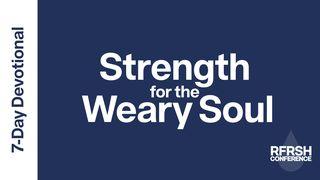The Highlights Series Part 1 by John Luke RobertsonSample

Today’s reading is in Isaiah 53, but we need a little background.
Isaiah prophesied from 739-681 BC. (Remember the dates go backwards before the birth of Christ, which is what BC stands for.) Most scholars agree Isaiah is a collection of the written and spoken words of Isaiah. Some really important facts about the book are: it has been preserved in the form it is now since ancient times; it has always existed as a single collection; and it has always been call Isaiah. The oldest copy in existence today is from the Dead Sea Scrolls. (The Dead Sea Scrolls are scrolls found by a shepherd boy in 1947 in a cave at Khirbat Qumran on the shore of the Dead Sea. I know, crazy! If you haven’t read about the Dead Sea Scrolls, look it up. Interesting stuff.)
Now, who was Isaiah? Isaiah was a phophet married to a prophetess and had at least two sons. He prophesied under the reign of four Judean kings—Uzziah, Jotham, Ahaz, and Hezekiah and he likely died under a fifth, an evil king named Manasseh. Christian tradition, as early as the second century, identifies Isaiah as one of the prophets whose death is described in Hebrews 11:37, specifically the prophet who was “sawed in two.” (Brutal times.) Isaiah likely lived in Jerusalem. He prophesied to a nation who had turned their back on God.
So, the theme of the Old Testament continues to be God wanting a relationship with humans and humans rejecting God and His promises. Once again, this is happening as the nation of Judah offered meaningless sacrifices in God’s temple at Jerusalem and committed other injustices throughout the nation. They basically ignored everything God had told them to do that would lead to a better life and a relationship with Him. Thus, the need for Isaiah’s pronouncement of judgement by God. This was in hopes that after hearing his words, the people of Judah would turn back to God. (Kind of like when a parent tells a child the consequences of their bad behavior in an effort to keep the child from doing the bad behavior in the first place.)
Isaiah 53, our reading today, is an account of Jesus’ life and death before Jesus was born, which makes it a prophesy, because it hasn’t happened. Isaiah even gives us a glimpse into Jesus’ appearance and what others thought about him. Then, it tells of Jesus’ suffering, how He humbled himself and accepted His death on a cross. And, finally, it tells of His continual intersession on behalf of His people for all eternity.
Scripture
About this Plan

The Highlights Series was compiled by asking thirty Christians from all walks of life the question, "What are the most important books to read for a new Christian?". The first part is an overview of the major themes and story from Genesis to Revelation. The second part focuses in on Jesus and his followers' lives. This is Part 1.
More
We would like to thank John Luke Robertson for providing this plan. For more information, please visit: http://www.campchyoca.com
Related Plans
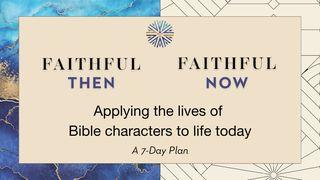
Faithful Then, Faithful Now: Applying the Lives of Bible Characters to Life Today

10 Commandments for Athletes From Philippians
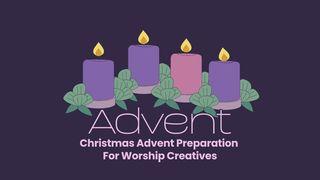
Christmas Advent Preparation for Worship Creatives
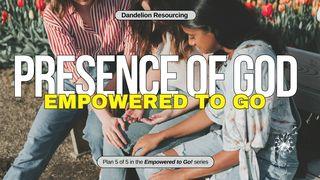
Presence of God - Empowered to Go!
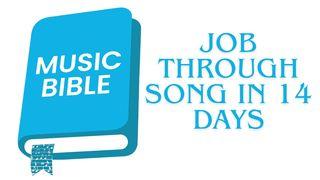
Job Through Song in 14 Days

Faith Adventures: Hebrews
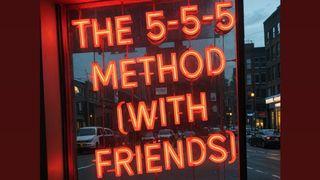
The 5-5-5 Method (With Friends)
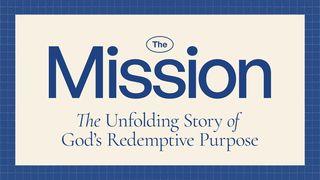
The Mission: Every Nation Prayer & Fasting
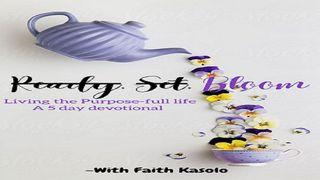
Ready, Set, Bloom
